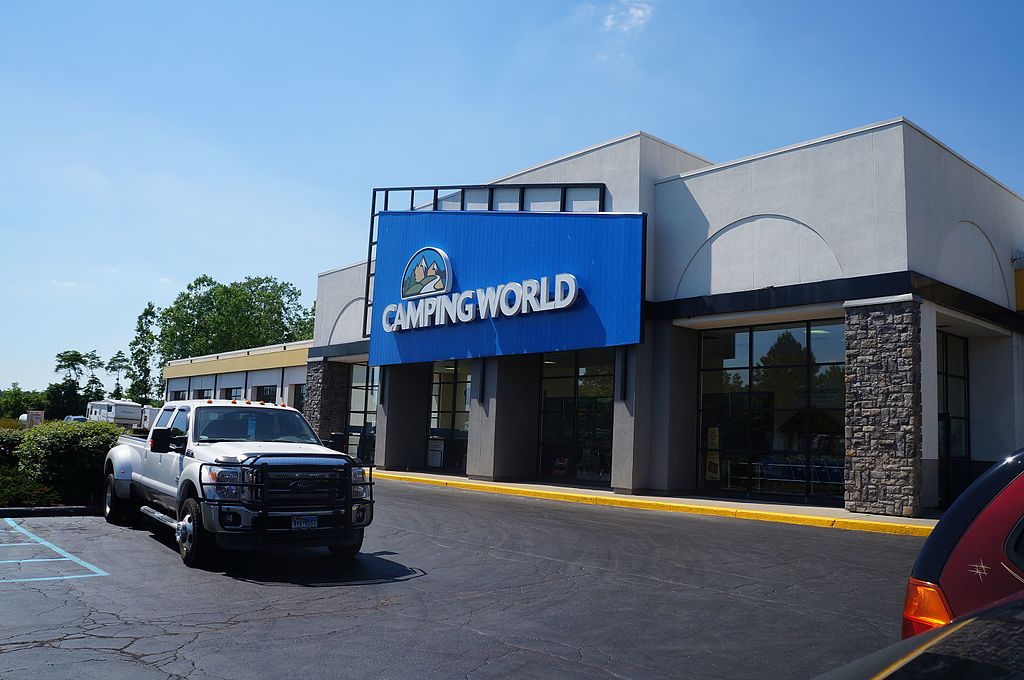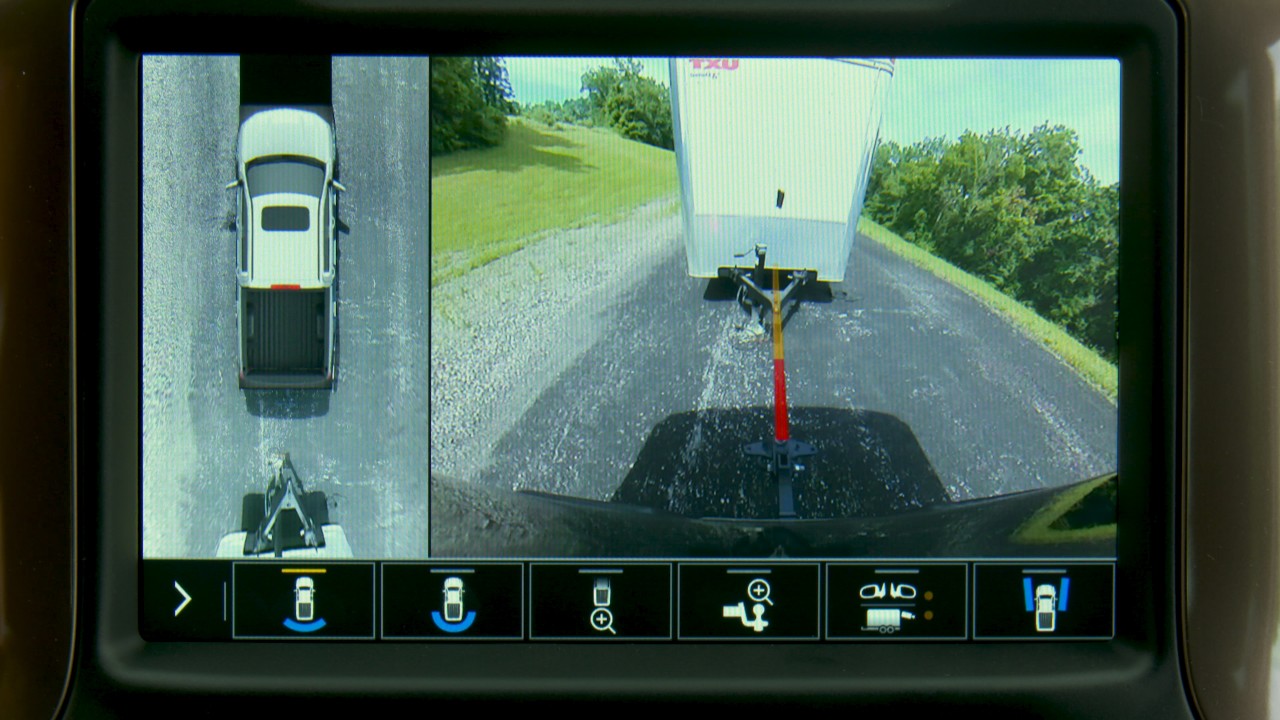This story is part of the December 2nd, 2024, RV and Camping News Video on the RV Miles YouTube channel.
Oregon Delays CARB Motorhome “Ban”
In a surprise move, Oregon delays CARB Motorhome Ban until 2026. Previously, Oregon announced it would be adopting California’s Advanced Clean Truck (ACT) regulations. Developed by the California Air Resources Board (CARB), these regulations aim to transition commercial truck fleets to Zero Emission Vehicles (ZEVs). sparking debate and impact on the future of motorhome sales in the participating states.
What Are CARB’s Advanced Clean Truck Regulations?
Under the ACT rules, truck and chassis manufacturers must meet an escalating ZEV quota, starting with 11% of their fleet in 2025. Manufacturers exceeding the quota can earn credits to sell to other companies. These credits are reportedly trading for approximately $10,000 each, potentially increasing the cost of motorhomes that rely on diesel chassis.
California is the only state with the legal authority to establish its own emissions standards. However, other states can opt to adopt California’s rules or adhere to federal standards. Currently, Oregon, Washington, New York, New Jersey, and Massachusetts plan to follow California’s ACT rules by 2025.
Industry Pushback and Implications
The ACT rules have drawn criticism from diesel chassis manufacturers, who warned RV makers that they may not be able to supply compliant vehicles to states adopting the regulations. However, critics argue that manufacturers could purchase ZEV credits, albeit at a higher cost. That higher cost would likely be passed on to consumers.
RV manufacturers, including the RVIA, have been engaging with CARB to explore solutions or push for a delay, and Oregon has responded by postponing its implementation of the ACT rules to 2026. This aligns with Vermont’s planned adoption of the regulations that year, too. Colorado, Maryland, New Mexico, and Rhode Island plan to adopt ACT in 2027.
A Gradual Path to Cleaner Trucks
The ACT rules mandate that ZEV sales must reach 55% of total truck sales by 2035. According to Oregon’s Department of Environmental Quality, 13,275 medium- and heavy-duty vehicles were sold in the state in 2023. 1,700 of those sold were ZEVs, including electric and hydrogen-powered models.
However, the rules applied by the manufacturer create a difficult compliance landscape. Manufacturers selling a higher percentage of ZEVs gain credits that permit the sale of ICE vehicles. A higher percentage of sales for some could leave certain manufacturers and regions with limited flexibility.
Looking Ahead to Oregon’s Future Plans
Oregon’s decision to delay underscores the challenges of balancing ambitious environmental goals with the realities of industry readiness and market impact. However, as more states prepare to join the ACT program, ongoing discussions between stakeholders will likely shape how these rules evolve.







